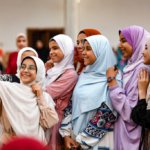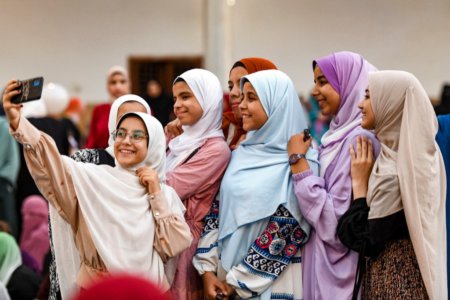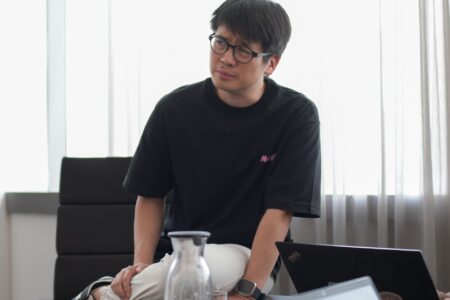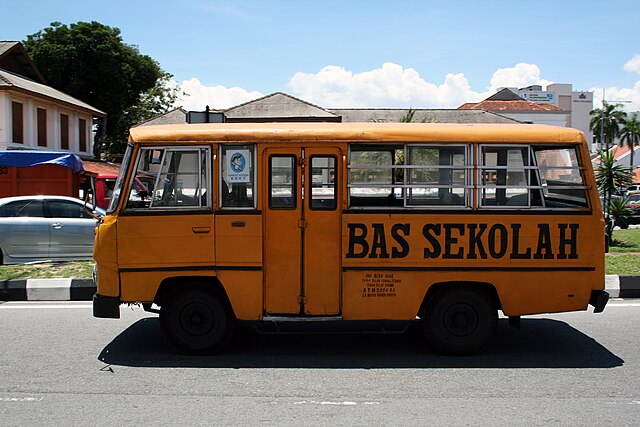
A school classroom. Four walls. A corkboard plastered in infographics, top essays, a cleaning roster, and a couple other flyers.
This mise en scène is supposed to evoke a sense of safety, to represent a place of learning and empowerment. But across the globe, it has become the target of all sorts of attacks, from the metaphorical to the literal.
In October 2025, a 16-year-old student was fatally stabbed at a public school in Malaysia by a 14-year-old boy. This uptick in violence is echoed by news around the globe, including “school violence at record levels” in Australia and increase in victimised elementary school students in South Korea.
For many parents, the question is no longer whether their children will excel academically, but whether they will come home alive and unharmed — mentally and physically. The answer for some parents, increasingly, is to pull them out altogether.
The homeschooling alternative
In response, parents are increasingly turning to homeschooling in Malaysia as a refuge from this crisis.
Research shows homeschooling is on the rise, with current estimates suggesting more than 5,000 homeschoolers in the country and numbers rising. What was once considered an unconventional choice has quickly become a real consideration.
When I was 10, my parents also had the idea to pull me out of the public school system and enroll me in a “homeschooling centre.”
Homeschooling in Malaysia is legal and recognised as an alternative method of learning, though Malaysian citizens must obtain permission from the Ministry of Education. Unlike Western models where parents teach at home, Malaysian homeschooling typically involves enrollment in specialised centers with low teacher-to-student ratios. These centers usually offer an overseas curriculum, with the International General Certificate of Secondary Education (IGCSE) curriculum becoming increasingly popular.
Unlike parents today who are faced with a much grimmer dilemma, my parents pulled me out because they felt our public curriculum had become inadequate. Now, though, reasons may range from school-related stress, rigid schedules, and most critically, the threat of bullying and violence that has claimed young lives.
The financial commitment is significant but lower compared to international schools. For some parents, that’s a cost they’re happy to pay to protect their children’s safety and wellbeing.
But does it really?
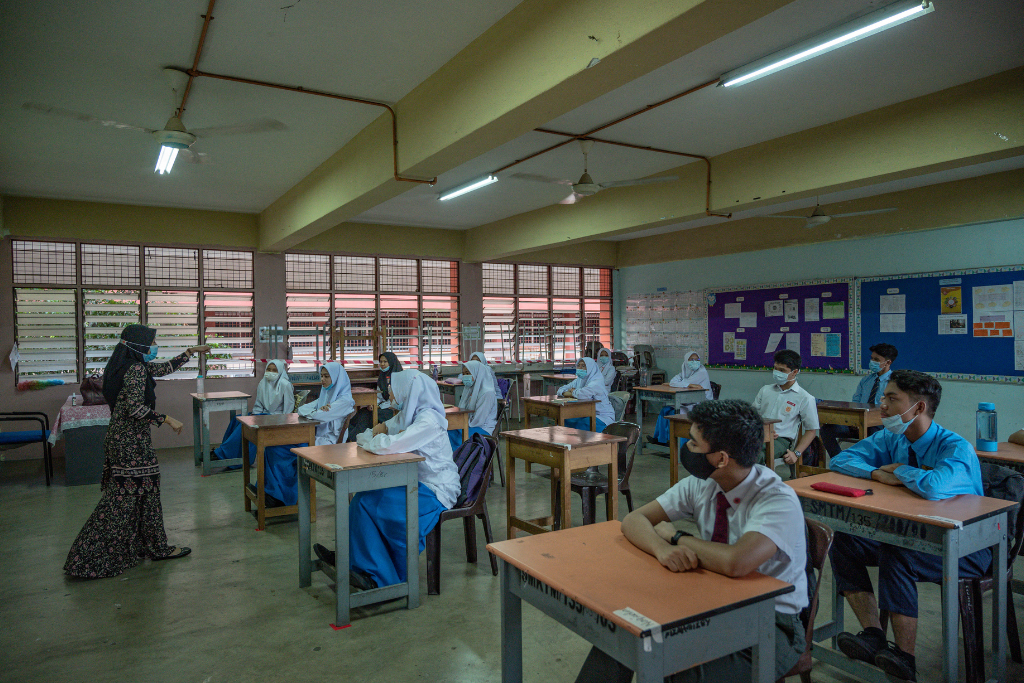
Malaysian students in a public school classroom. Source: Mohd Rafsan / AFP
It is not a cure-all
Having been through the system, I know that homeschooling isn’t the fix parents are praying for.
In fact, homeschools may only create an echo chamber, further exacerbating negative or extreme ideologies. For instance, I know firsthand that misogyny and violence rage in these homeschooling centres, even if it’s a little more reigned in compared to in conventional schools.
When I was growing up, a lot of these homeschooling centres were run by religious institutions, which led to an extreme lack of secularism and a lot of conservatism. This culture might still be perpetuated today. At school, we were also not allowed to study Darwinism, and we would read Jack Chick comics that were covered in conspiracy theories and discriminatory sentiments.
Thankfully, I managed to develop my media literacy outside of school. Ironically, I did this via the internet, which is the root of many young people’s radicalisation today.
I know the internet has gotten way worse since my adolescent years. When I was growing up, it was in vogue to be politically correct, to support environmentalism, anti-racist movements, gay rights, women’s rights, and the rights of other marginalised communities. But, over the years, there has been a vehement overcorrection, leading to an extreme polarity in views — a polarity that has shaped the algorithm. Children are being trapped in the “red pill” and “alpha male” churn of content. Meanwhile, many parents and teachers are blissfully unaware that this content even exists on the internet.
So, while the idea of pulling your child out of conventional schools is rooted in good intentions, the alternative isn’t a panacea. Children are being socialised into bad, violent behaviours by social media, and the rhetoric there gets parroted back and validated by the peers they have, whether those peers are in a public school or a homeschool.
But just cutting out screen time isn’t a fix, either. As the saying goes, strict parents create sneaky children. They will find a way. Their peers will find a way.
I believe it comes down to helping your children develop their own moral compass, equipping them with a rational value system and ethical know-how to navigate nuanced spheres on the internet and in real life. In short, they need to be actively taught media literacy. And they need to be empowered and supported in their discovery and understanding of the world.
But it cannot be forced. There is no real trust without autonomy; otherwise, that is just dictatorship.
It is not a cure at all
As Khoo Ying Hooi, an associate professor of International Relations and Human Rights at Universiti Malaya, wrote in a commentary, it’s not just about social media either. Social media, after all, is just a tool; it’s a mirror of society’s sentiments at large.
It’s easy to point the finger at social media, when in reality, structural and socio-economic pressures such as overcrowded classrooms, teacher burnout, mental health neglect, and widening inequality are also influencing them.
“A child’s capacity to cope or rebel is not born in isolation; it is nurtured or neglected by the ecosystem around them,” she wrote.
But at the same time, we cannot just point the finger at the school, either. It might seem easy, reading this, to think of homeschooling as the golden ticket to a better ecosystem, due to the low teacher-to-student ratios. Keep in mind, however, that many homeschool “educators” may not actually have formal training and proper teaching backgrounds. Just like public schools, these centres likely do not have appropriate guidance counsellors and dedicated mental health professionals to support children’s development.
In any case, shipping your children en masse to homeschools won’t help the education system. Even if homeschools can protect your children, they will still be at risk to their peers from public schools and online.
I can’t imagine it’s an easy decision to take your child out of the schooling system they’ve always known. And I can’t imagine it’s easy sending them day in and day out to a system you can’t fully trust in.
My father has always been a proponent of the public school system when we were growing up, believing it would impart much more humility and life skills than an elitist private school. He only agreed to pull us out because he realised the history curriculum in public school was, from his perspective, embedded with propaganda.
We didn’t study Malaysian history at all in our new school.
Ignorance is not bliss. Going to a homeschool may have stopped me from learning “wrong” information, but receiving no information at all — whether that be about the founding members of Malaysia or Charles Darwin’s theory of evolution — isn’t the perfect solution either. And there probably is no one perfect solution; just many little ones, and a constant willingness to fill the gaps and course correct as we progress.








